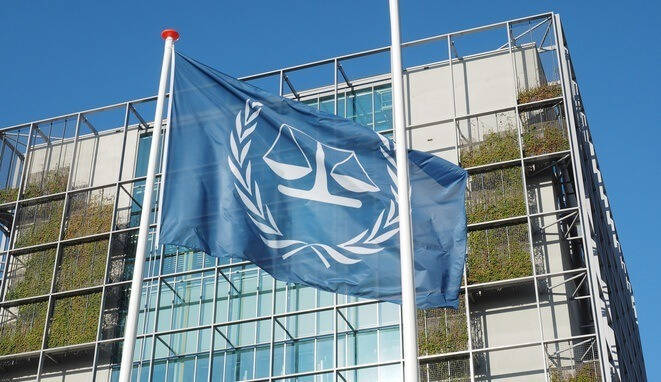The creation of the International Criminal Court was a milestone in international criminal law, as it met the need for a permanent and independent body that could try those who commit heinous crimes around the world. Until then, tribunals had been created on a case-by-case basis and had limited temporal jurisdiction.
What is the ICC? A look at its history
In the 1990s, ad hoc tribunals were formed to address crimes committed in Rwanda and the former Yugoslavia. However, on July 17, 1998, the United Nations created the International Criminal Court (ICC), a permanent court of last resort dedicated to the prosecution of serious international crimes such as genocide, crimes against humanity and war crimes.
At that time it adopted the Rome Statute, which entered into force on July 1, 2002, identifying the conducts to be prosecuted and punished, the extent of criminal responsibility without distinction and the penalties that can be applied, as well as the judicial process to be followed. Currently, 124 countries have ratified the Rome Statute, including Spain.
How is the International Criminal Court constituted?
The International Criminal Court is based in The Hague, in the Netherlands. It is financed mainly by its member states, although it also receives donations from governments, international organizations, individuals and corporations.
The ICC has a Presidency composed of three judges, an Office of the Prosecutor, a Registry and a Judicial Division with three sections for pre-trial, trial and appeals cases, staffed by 18 judges. However, the Court is staffed by hundreds of people from different countries.
The ICC has also created a Victims and Witnesses Unit to advise and ensure the safety of victims and witnesses. In addition, it has a Trust Fund for Victims to enable victims and their families to receive adequate reparations for the harm they have suffered.
The principle of complementarity
In some cases, the Prosecutor of the Court may act ex officio upon recognition of a very serious situation, opening an investigation to study the details of the situation. In other cases, a State or the United Nations Security Council may refer the situation directly to the Court. Once the case is submitted, the Court’s jurisdiction is assessed. The principle of complementarity then comes into play.
The Rome Statute provides that the International Criminal Court is complementary to national jurisdictions. This means that international justice does not replace national justice, but complements it. The Court is not a system with exclusive jurisdiction; national criminal jurisdictions have formal primacy to judge crimes.
In order for the ICC to determine its jurisdiction over a case, it must first ascertain that the State is unable to summon the accused or does not have the necessary evidence or testimony. Second, it must find that the state is unable to investigate or prosecute the case due to the total or substantial collapse of the judicial system.
The Court may declare a case inadmissible when it has been investigated by a state with jurisdiction over the case, unless the jurisdictional proceedings are intended to remove the person from criminal responsibility for crimes within the jurisdiction of the Court, there has been unwarranted delay during the proceedings, or the proceedings are not being conducted in an independent or impartial manner.


